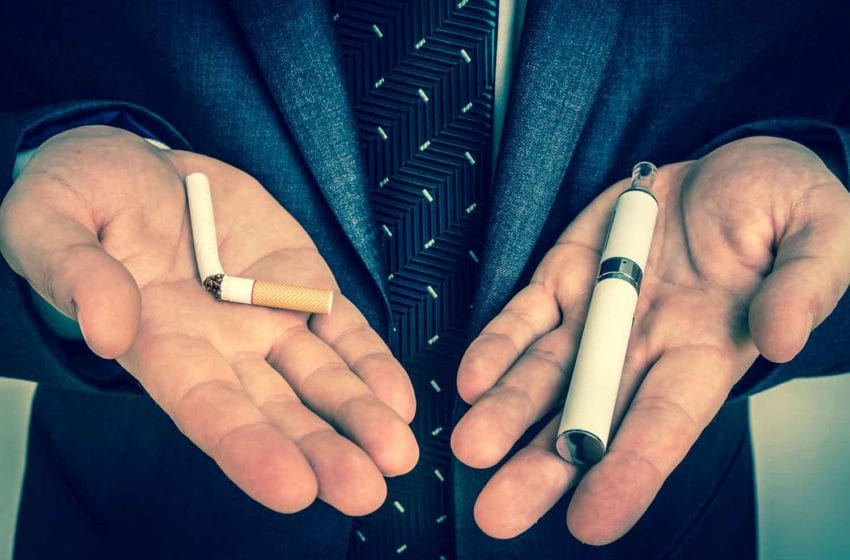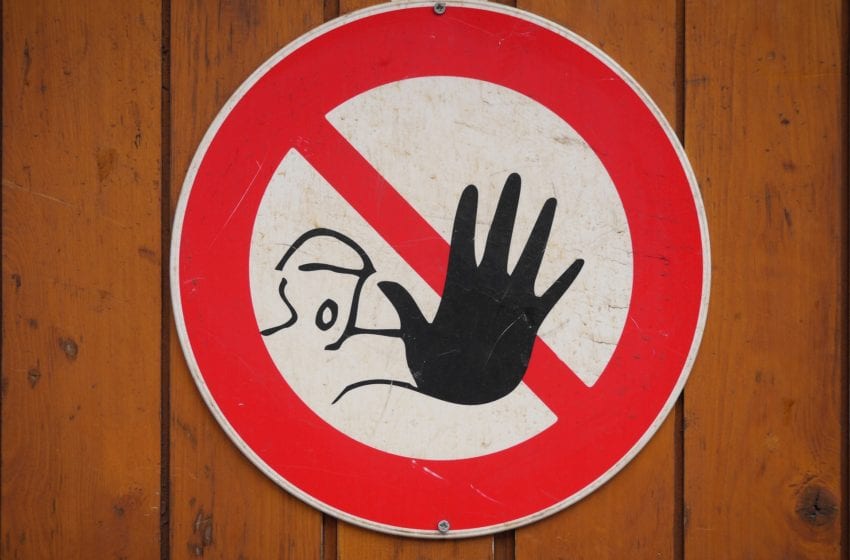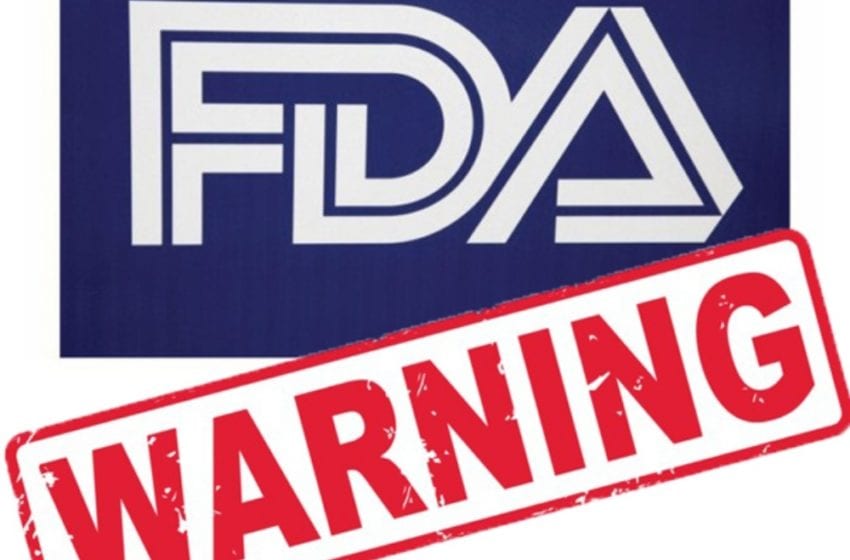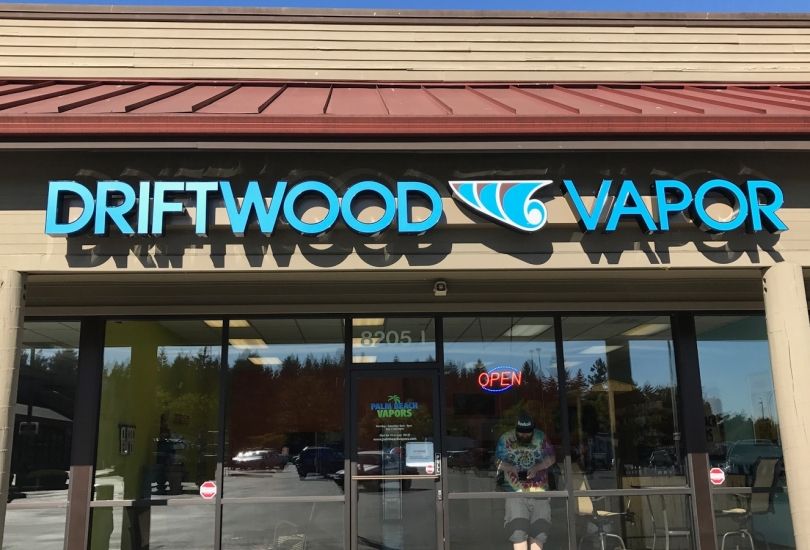
The European Commission’s Scientific Committee on Health, Environmental and Emerging Risks (SCHEER) is due to present its opinion on novel tobacco products Friday.
The opinion is part of an assessment of the EU Tobacco Product Directive (TPD), which will determine whether e-cigarettes will be treated the same way as traditional cigarettes.
SHEER’s preliminary opinion published in September 2020 drew strong criticism of several stakeholders who accused the EU of being selective in its findings when it comes to their health implications.
“Research in recent years, after the adoption of TDP in 2014, has become increasingly positive about e-cigarettes, always as a substitute for smoking,” Konstantinos Farsalinos of the University of Patras told Eurarchiv. “Compared to 2014, one would expect a more positive attitude. On the contrary, EU policymakers remain scientifically unsubstantiated with the risk of sabotaging the efforts to replace smoking with e-cigarettes,” he said.
Pietro Fiocchi, a member of the European Parliament from the European Conservatives and Reformists Group, expressed concern about increased smoking if the EU Commission decides to equate novel tobacco products with traditional ones.
“My impression is that the Commission is against a differentiation between traditional tobacco and reduced-risk products, and it will plan to apply the same limitations, through heavy regulations and fiscal impositions,” he said.
“We all agree that not smoking at all is the best solution, but it would be detrimental if SCHEER will ignore plenty of scientific studies that show much smaller health impact of reduced-risk products is versus traditional tobacco,” said Fiocchi.

















